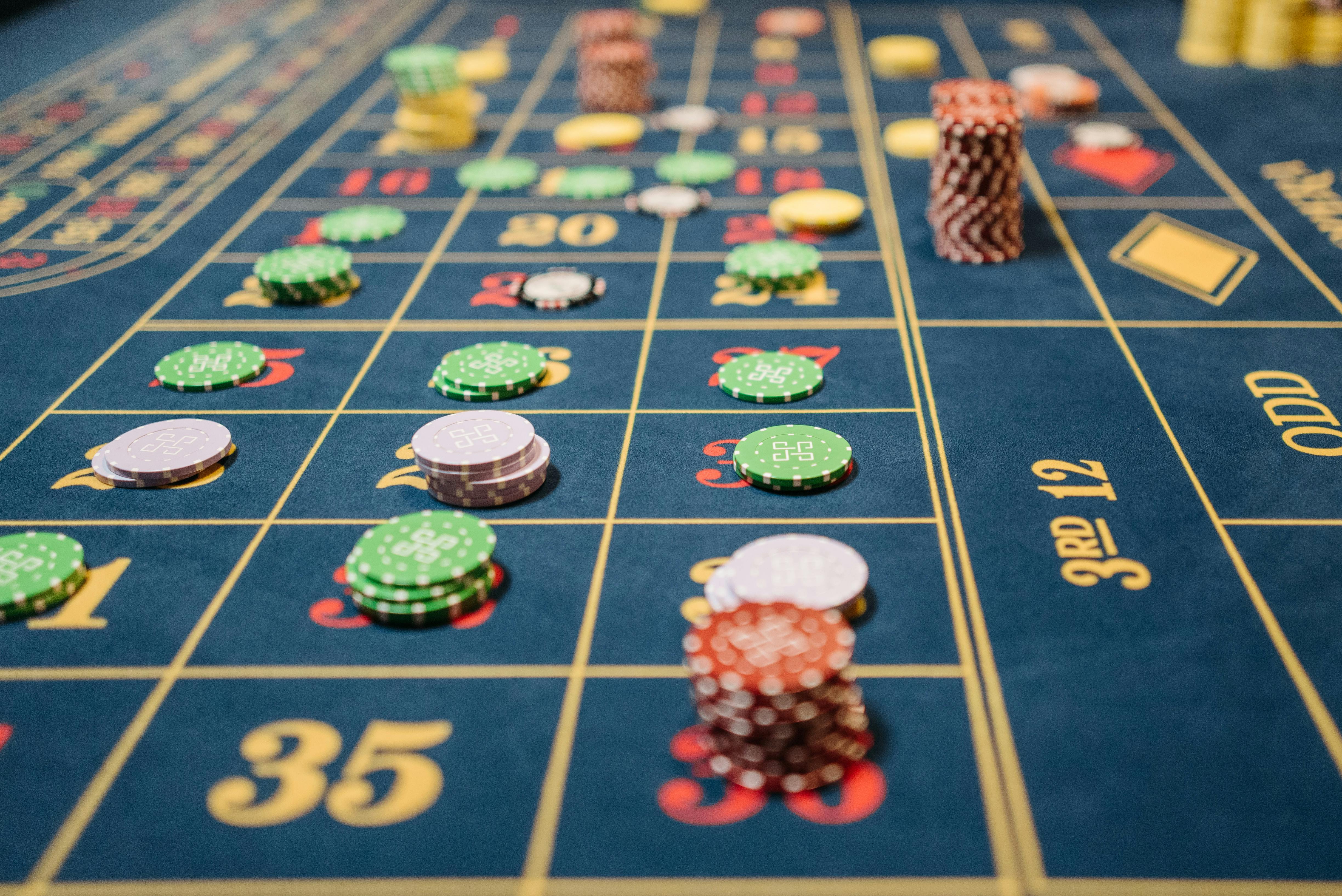
Soccer fans are just as apt to discuss tactics and odds as they are emotions. The same discourse of danger and payoff recurs on the gaming floor, where one table game becomes the theatrical counterpart of sport.
The similarities between game strategy and casino play are more defined than most anticipate. Time and determination are still key ingredients, alongside assessing risks. Investigating those similarities yields lessons on how fans can read the rush of the game and how the same game strategy can be transferred outside the field.
Football and Risk Management
Every game of football involves balancing attack and defence. Managers need to weigh the pros and cons of pushing forward to achieve that goal or being cautious and holding on if they are already ahead. That sounds like the tension inherent in every risk-based situation, where the future is always uncertain and every decision matters.
The play area offers a real-world demonstration of calculated risk. A coach choosing an aggressive press can win possession, but also risks being countermanded by someone making a long pass. Similarly, players choosing to hold on in the tail end of a game usually balance restlessness in the crowd against the statistical probabilities of making errors. These are strategy problems analogous to the general logic of probability-based and high-pressure decision-making games.
When Numbers Tell the Story
In football, figures shed light on the obscured narrative of outcomes. Statistics like expected goals, pass accuracy and defensive duels create context around measuring performance beyond the scoreline. Fans who delve into such information tend to discover a game within the game—unseen patterns that elude the naked eye.
The mathematics of craps makes sense against this backdrop. At the table, odds govern safer and riskier bets. As fans review possession patterns to estimate momentum, players review the odds of specific dice combinations before placing their bet. In each instance, the parlance of percentages and probabilities informs choice, whether in a stadium or a casino.
Momentum and the Long Game
Momentum is a very potent factor in sport. One goal can swing the psychology of a match, changing the passion of both sides and fans. However, successful sides also recognise that momentum is more than fleeting periods of dominance; it is also about maintaining discipline over ninety minutes.
The same can be said about strategic gaming. Smaller, incremental wins occur more frequently and contribute to greater success over the long haul than taking risks on big wins. Patience, discipline and management of emotions are the cornerstones of both fields. For one football team, it can be restrained from charging players forward willy-nilly. At the table, it can pass up high-risk decisions and lay the groundwork instead through gradual, lower-risk moves. Momentum on grass or felt is best understood in the context of long-term trends, rather than its fleeting spike.
Adaptability Under Pressure
No two football matches are alike. Injuries, the elements, refereeing and the level of opposition tilt the game's balance. Excellent managers adjust during the match, changing formations or substituting players to take advantage of opportunities.
Off-pitch environments require equal flexibility. Figures can shift after a critical moment and strict conformity with one strategy often costs points. Victory depends on reading the rhythm, identifying patterns and reacting instantly. As much as one team whose players fail to respond to an adjustment in tactics can be beaten, one player who will not react in line with probabilities emerging can lose his chance.
Lessons for the Fans and Followers
For game players, the parallels between gaming strategy and tactical decision-making are more than entertaining. They also emphasise the universal nature of reward, risk and probability. A deeper understanding of such similarities fosters more general insights into decision-making, both on and off the field.
It is like sitting down at a table where the odds change with each roll and appreciating the same game of strategy evident in watching a team hold up on pace and protect a lead or see a manager take a risky forward switch. Supporters who appreciate these elements are likely to view football differently—less of a game of luck and more of an organised game of calculation, timing and patience.
Two Arenas, One Language
Football and strategy games may appear distant, but the parallels are deep. Both depend on uncertainty, are highly discipline-oriented and penalise impulsive choices. Both are based on the talent to estimate odds, adapt to the situation and seize momentum.
For the sports fan who feeds on tactical discussion, appreciating such parallels can enhance the value of the game itself. Observing how risk management unfolds in different environments reveals why one team excels under pressure and another fails. The takeaways are not about recreating the casino floor but appreciating that the same strategic lexicon connects two disparate arenas.
The pitch and the table also share more than exuberance. They also share logic that pays off in the long run. That logic favours careful, disciplined and adaptable individuals—those who are also the best managers and the keenest strategists.

